July 30-Aug. 6: National Call-in Days to White House
Justice for Immigrants asks everyone to call the White House between July 30-Aug. 6 (date extended!) and urge that it not appeal a July 24 ruling to release detained families.
Maryknoll missioners have worked with migrants and people on the move for decades. They have served Burmese refugees in Thailand, Filipino and Thai workers all over Asia, Burundian and Rwandan refugees in East Africa, and have accompanied Guatemalans, who, after years in Mexico, returned home to start anew in a more peaceful country. Our faith compels us to stand in solidarity with migrants.
In the United States, we are profoundly affected by the contribution of migrants in our society, and we have a responsibility to treat them, like all the rest of God’s creation, with dignity and respect. Maryknoll missioners work in ministries serving migrants on the U.S.-Mexico border. In our work on U.S. migration policy, we focus on access to asylum and humanitarian protection, refugee aid and resettlement, and access to citizenship.
Maryknoll Joint Leadership Statements on Migration: Toward Global Solidarity (2006) and Statement on the Migrant Caravan (2018)
Policy Brief: Justice for Immigrants and Refugees in U.S. Policy
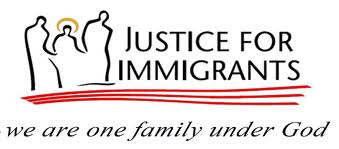
Justice for Immigrants asks everyone to call the White House between July 30-Aug. 6 (date extended!) and urge that it not appeal a July 24 ruling to release detained families.

Maryknoll and 13 other religious organizations sent a letter to members of a Congressional conference committee to express deep moral concerns related to H.R. 644, the “Trade Facilitation and Trade Enforcement Act of 2015” (also referred to as the Customs bill), particularly that the final bill could weaken strong anti-trafficking provision in the trade promotion authority bill signed into law June 29.
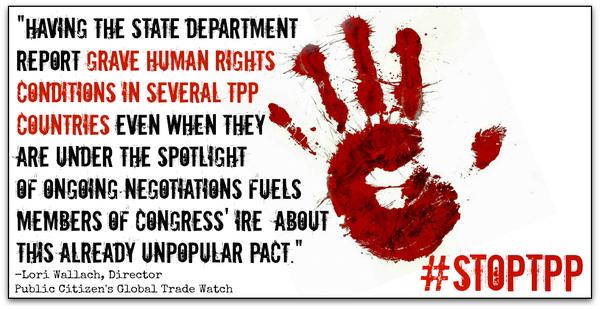
Public Citizen released this press release on the occasion of the publication of the State Department’s annual human rights report on June 25.

The recent surge of 4,000 Rohingya migrants that fled Myanmar and Bangladesh in April and May illustrates a story rooted in discrimination and ostracism based on anti-Muslim bias that permeates the Buddhist-majority nation of Myanmar.
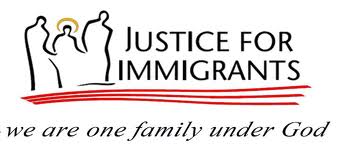
SAVE THE DATE! U.S. Conference of Catholic Bishops/Justice for Immigrants National Convening

The U.S. has the largest immigration detention infrastructure in the world. The expansion of this system in recent years is partly due to the immigration detention bed quota, policy passed by Congress under which 34,000 immigrants are held in ICE detention at any given time: “. . . funding made available under this heading shall maintain a level of not less than 34,000 detention beds.” This policy is unprecedented; no other law enforcement agency operates on a quota system.
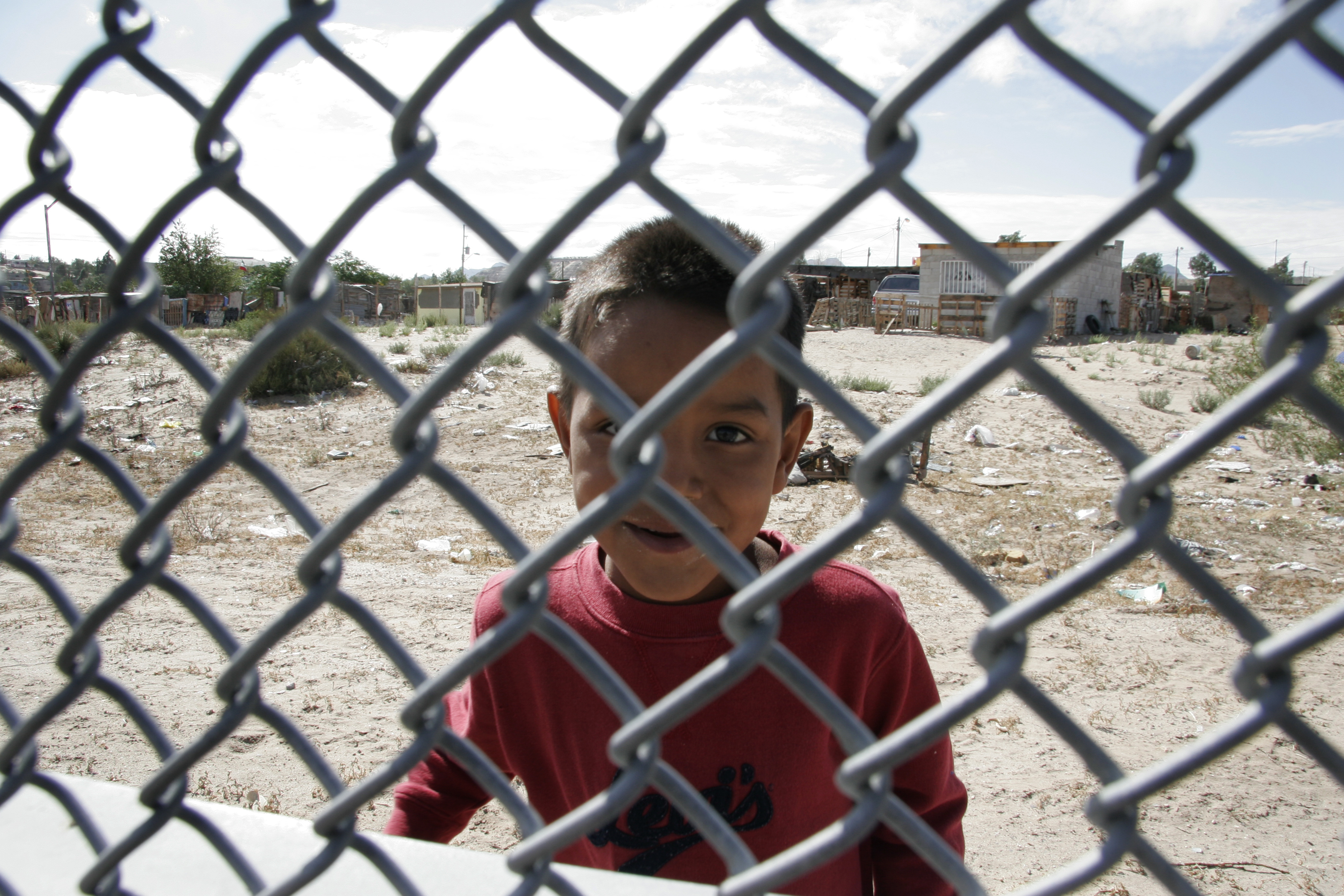
This interfaith vigil will be held as a sign of our solidarity with the hundreds of mothers and children from Central America who are being detained in Texas and Pennsylvania. We will gather to urge President Obama to close all family detention facilities and end this inhumane practice.
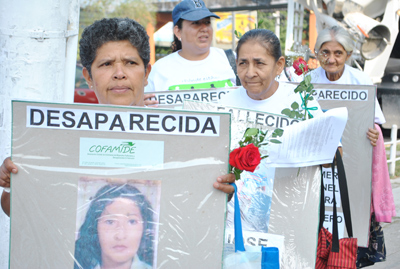
Sr. Carol Marie McDonald serves as a missioner in Central America, most recently in El Salvador.

Women held in a Texas Immigration and Customs Enforcement (ICE) prison work for $3/day, their children’s health is deteriorating, and many haven’t been given the opportunity to post a reasonable bond for their release.
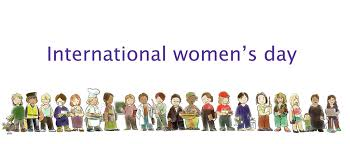
Resources on International Women’s Day, World Water Day, Earth Day, the crisis at the border, and more …
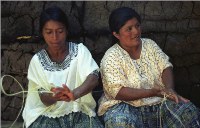
The following article was written by Marek Cabrera, the Central America intern for the Maryknoll Office for Global Concerns, and was published in the March-April 2015 NewsNotes.
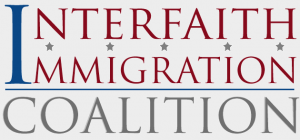
The House Judiciary Committee will be considering the Michael Davis Jr., in Honor of State and Local Law Enforcement Act (HR 1148), a very negative bill that would harm our communities and congregations.
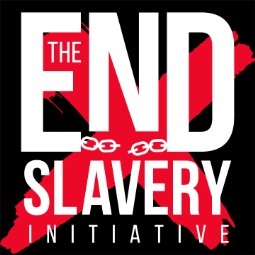
The Maryknoll Office for Global Concerns endorses the recently introduced End Modern Slavery Initiative Act, sponsored by Sen. Bob Corker (R-TN).

Justice for Immigrants’ Lenten toolkit contains weekly resources to accompany you through your Lenten journey.

On January 27, 51 people, including 30 Dominican-born children, some of their mothers and 14 other adults were deported without due process to Haiti from the Dominican Republic. More mass deportations of Dominicans of Haitian descent and Haitian migrants are feared.
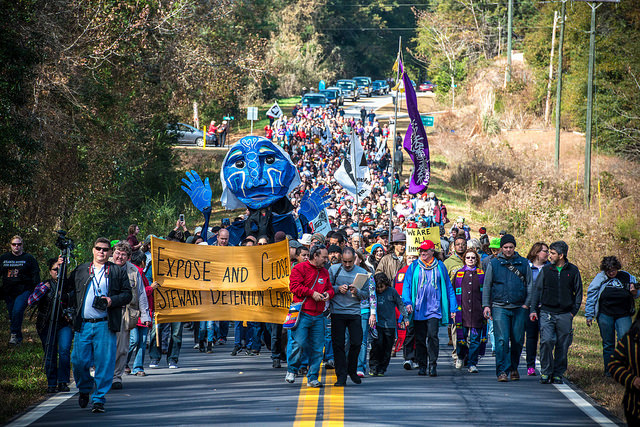
On November 21-23, over 2,000 people gathered at the gates of Ft. Benning in Columbus, GA to commemorate the 25th anniversary of the murders of six Jesuits, their housekeeper and her daughter at the Universidad Centroamericana (University of Central America, UCA) in El Salvador. Those responsible for the massacre were military leaders who had trained at the U.S. Army School of the Americas (SOA), located at Ft. Benning; the program has been re-named the Western Hemisphere Institute for Security Cooperation (WHINSEC).
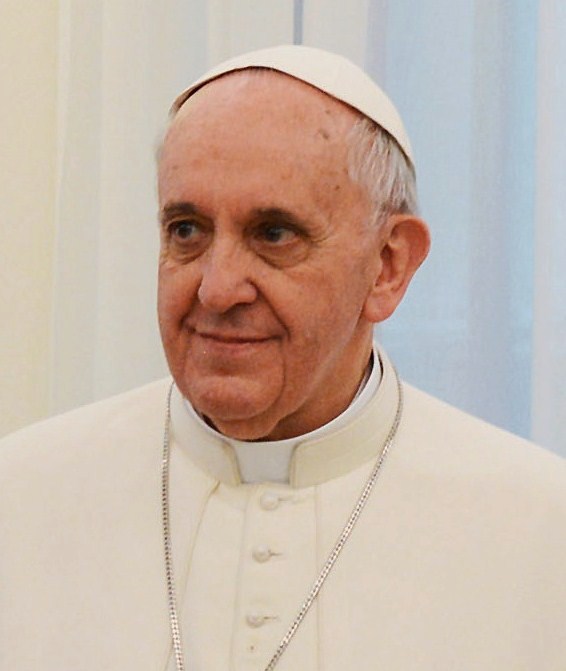
Pope Francis’ address for the World Day of Peace, January 1, 2015 was a strong condemnation of the various systems of slavery that deny our shared humanity.

Take action and call Congress during National Migration Week, Jan. 4-10, 2015.